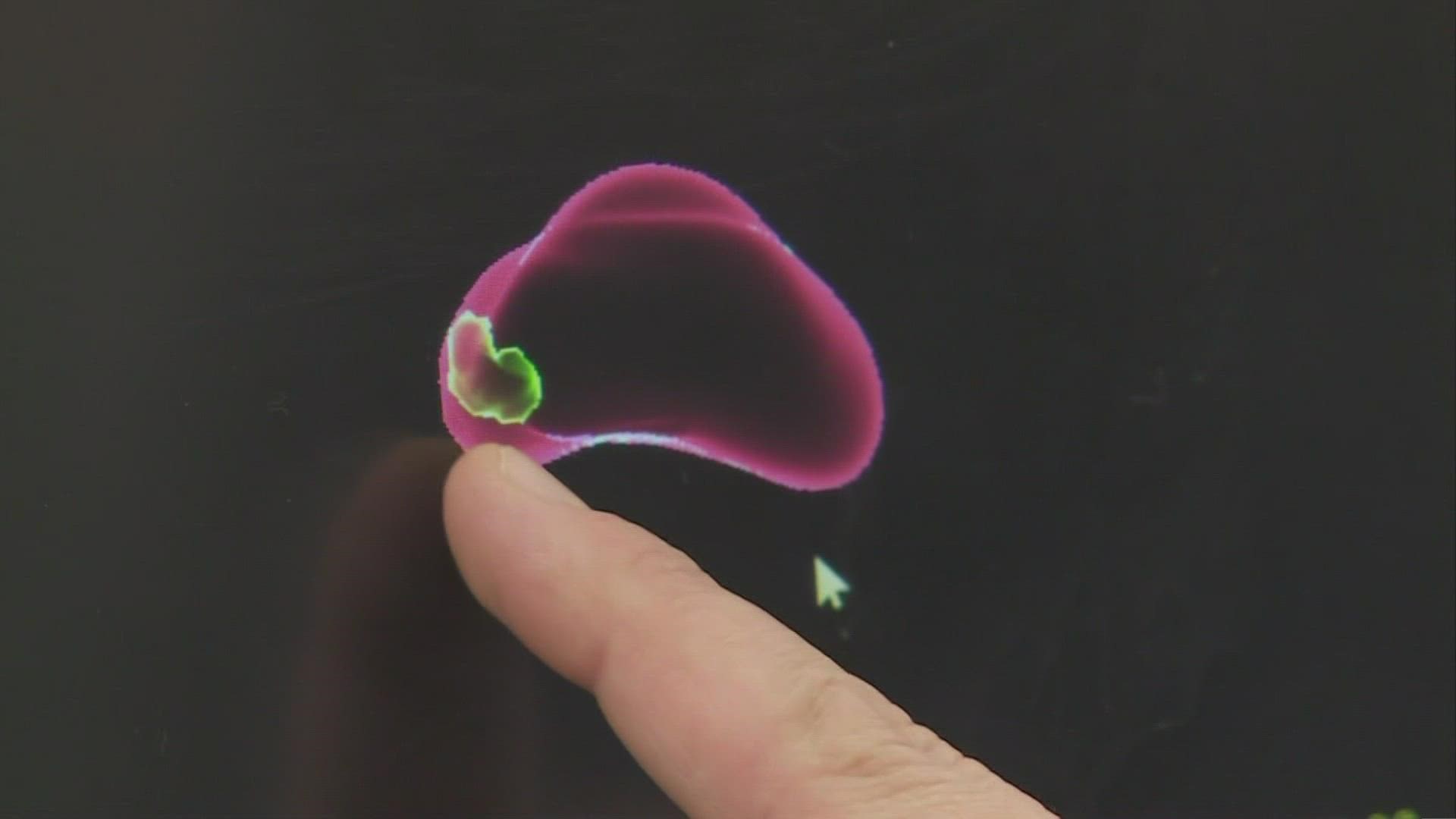NEW ORLEANS — New Orleans is one of the first places in the US to get new technology to treat prostate cancer.
And this technology is less likely to cause side effects in men.
Now, the first two men in the region to have the treatment explain how it works.
Ricky Gibbs and Zak Rahman are meeting for the first time, yet the two 69-year-old men already have a strong, personal bond. Not long ago, Zak got lucky. While having an MRI for another medical issue, prostate cancer was found early.
“It was devastating. My wife and my daughter, they both broke down crying, you know it broke their heart,” Zak Rahman said.
While Zak was doing research on which treatment he wanted, Tulane Urologic oncologist Dr. Spencer Krane put him in touch with Ricky. He was the very first person in the area to have a new prostate cancer treatment with the NanoKnife.
“It was so much of a better alternative compared to what I would have to go through under surgery or radiation treatments, and they also told me that if it didn't work out I still had all of the other options available to me,” Ricky Gibbs said.
The NanoKnife is unlike any other prostate cancer treatment. It was approved by the FDA in the summer of 2020. Using IRE technology, in an outpatient procedure in the O.R., Dr. Krane inserts four tiny probes in the prostate gland. He is guided by ultrasound and an MRI to the spot where the cancer is. Then electricity is used to kill the cancer cells, sparing the healthy tissue. This also spares the nerves that are just millimeters away, that control erection, and urinary function.
“A lot of patients don't even get screened for prostate cancer, because they say, ‘Well my cousin got screened for prostate cancer. They took out his prostate, now he leaks urine and he doesn't have erections, and his life's gone to hell,’” explained Dr. Spencer Krane, Tulane Urologic Oncologist.
“IRE was just like a blessing. I thank the Lord every day I came here and found out about it because it gave me that chance to avoid all that and get rid of my cancer,” Gibbs said.
Treating the cancer, preserving those male functions and talking to Ricky about his experience, gave Zak the confidence to be the second person in this region to have the NanoKnife procedure.
“If you live and you have no quality of life, that's no good, so this has been like, I said, this has been a miraculous cure,” Rahman said.
Dr. Krane says the surgery, recovery and time using a catheter, are shorter than other procedures. And that worked well for Ricky.
“I got a text message from Ricky four days afterward with no catheter and smiling on the beach in shorts,” Dr. Krane recalls.
The NanoKnife is only for men at intermediate risk and whose cancer has not spread outside of the prostate. A clinical trial is opening at Tulane now. To see if you qualify call: 504-988-6122.

